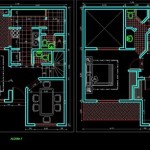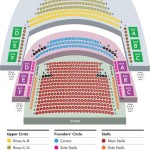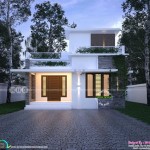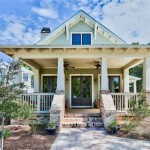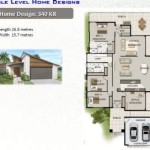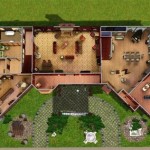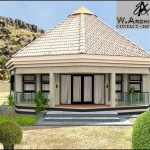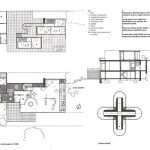House Plans With Secret Passageways And Rooms: An Architectural Enigma
The allure of secret passageways and hidden rooms has captivated imaginations for centuries. From the clandestine tunnels of ancient castles to the enigmatic labyrinth of underground cities, the idea of concealed spaces evokes a sense of mystery and intrigue. In the realm of architecture, house plans with secret features offer a unique blend of functionality and fascination.
Purpose and Functionality of Secret Spaces
Secret passageways and rooms serve a variety of purposes, both practical and whimsical. Historically, they were used for defense, escape, or storage. In modern times, they can be incorporated into a home's design for entertainment, privacy, or simply to add an element of intrigue.
Secret passageways provide a discreet means of accessing different areas of a house or property. They can be concealed behind bookshelves, in closets, or beneath floorboards. Hidden rooms offer secluded spaces for storage, relaxation, or entertainment. They can be tucked away in attics, basements, or even behind false walls.
Architectural Considerations
Incorporating secret spaces into a house plan requires careful architectural considerations. The location, size, and access points must be meticulously designed to ensure both functionality and secrecy. Architects must consider the structural integrity of the house and the potential impact on the overall floor plan.
Concealed doors, hidden staircases, and disguised access panels are essential elements of secret passageways and rooms. These features must be carefully engineered to blend seamlessly with the surrounding architecture while maintaining their functionality. Proper ventilation and lighting are also crucial to ensure the safety and comfort of occupants.
Privacy and Security
Secret spaces offer a heightened level of privacy and security. They can provide a safe haven for valuables or serve as a refuge during emergencies. However, it is important to balance privacy concerns with the need for accessibility and safety. Proper security measures should be implemented to prevent unauthorized access while ensuring that occupants can escape in case of an emergency.
Benefits and Limitations
House plans with secret passageways and rooms offer a range of benefits. They can add a touch of mystery and intrigue to a home, provide additional storage or living space, and enhance security and privacy. However, there are also potential drawbacks to consider.
Secret spaces require additional construction costs and may reduce the overall square footage of a home. They can also be difficult to maintain and may require specialized cleaning services. Additionally, the presence of hidden spaces should be carefully disclosed to potential buyers or tenants to avoid any safety concerns.
Conclusion
House plans with secret passageways and rooms offer a unique blend of functionality and intrigue. Whether designed for practical purposes or whimsical enjoyment, these concealed spaces can add a touch of mystery and excitement to any home. With careful architectural planning and attention to security and privacy, secret spaces can be seamlessly integrated into a house's design, creating a captivating and enigmatic living environment.

Storybook Inspiration With Secret Passage 17570lv Architectural Designs House Plans

Storybook Inspiration With Secret Passage 17570lv Architectural Designs House Plans

8 Home Plans Secret Room Ideas Rooms House Design

Vayres Traditional House Plans Luxury Floor

Country Home Plan With Two Masters And A Secret Room 36025dk Architectural Designs House Plans

5 Bedroom Luxury Mediterranean Spanish House Plan 134 1329

Change The Great Room Into A Library Add Some Secret Passages And Panic Rooms Instant Dream Home Victorian House Plans

35 Secret Passageways Built Into Houses Twistedsifter

Featured House Plan Bhg 4967

Floor Plan G

